New York has long been at the forefront of progressive policies aimed at fostering inclusivity, equality, and respect for all individuals.
Now, the state is making significant changes to its bathroom laws, which will impact both public and private restroom facilities. These updates, set to take effect soon, aim to ensure that bathrooms are accessible, safe, and welcoming for everyone—regardless of gender identity or other factors.
As these changes come into play, here are five key updates that New Yorkers and businesses need to be aware of:
1. Inclusive Bathroom Access for All Genders
One of the most significant changes in New York’s upcoming bathroom laws is the requirement for all public and private facilities to provide bathroom access based on gender identity, not biological sex. This means that individuals will be allowed to use the bathroom that aligns with their gender identity, ensuring that transgender and non-binary people can feel safe and respected in restroom spaces.
This change is part of a broader statewide commitment to advancing equality and protecting the rights of the LGBTQ+ community. Businesses, government buildings, and other public facilities will need to update their restroom policies, signage, and training to ensure they comply with the new regulations.
2. Single-Occupancy Restrooms No Longer Require Gender-Specific Labels
New York will no longer require single-occupancy restrooms to be labeled as male or female. Instead, the restrooms can be labeled as “Restroom,” “Unisex Restroom,” or even just “Toilet,” without specifying gender. This change is aimed at making single-occupancy facilities more inclusive and accessible to all people, including those who are transgender, non-binary, or have disabilities.
For businesses and public facilities, this update provides more flexibility in designing and managing restroom spaces, especially in smaller areas or locations with limited space. It will also reduce the pressure on individuals who may feel uncomfortable in gender-specific restrooms.
3. Restroom Access for People with Disabilities Must Be Prioritized
Florida’s New Law Allows C-Sections Outside Hospitals, Raising Safety Concerns!
The upcoming law changes will further prioritize restroom accessibility for people with disabilities. New York will require all public and private facilities to ensure that at least one accessible restroom is available for people with physical disabilities. Additionally, businesses must take steps to ensure that these restrooms meet updated standards for accessibility and ease of use.
This means that facilities must adhere to the Americans with Disabilities Act (ADA) guidelines, ensuring that restrooms are fully accessible, with proper door widths, appropriate stall sizes, and the inclusion of necessary support bars and other assistive devices. Businesses that fail to meet these standards may face penalties or legal action.
4. Increased Protections Against Discrimination in Restroom Access
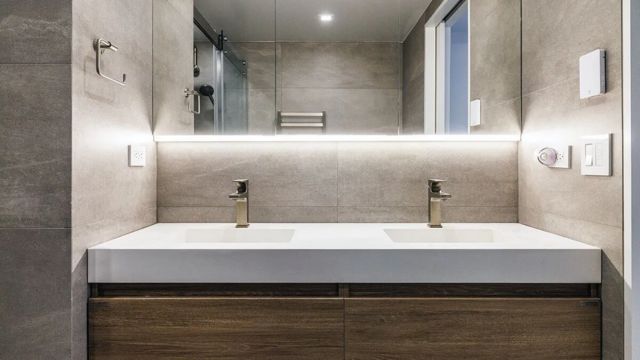
In line with New York’s commitment to civil rights, the state will enforce stricter penalties against businesses and public facilities that engage in discriminatory practices related to restroom access. This includes denying restroom access based on gender identity, race, religion, or other protected characteristics.
Facilities that violate these protections could face hefty fines, lawsuits, or even loss of business licenses. This change is designed to ensure that no one is discriminated against when using a public restroom and to promote fairness and equality in all spaces.
5. Mandatory Training for Staff on Restroom Access Policies
To ensure that all individuals are treated with dignity and respect, New York will require businesses and public facilities to train their staff on the new restroom access laws and how to handle related issues appropriately. Staff training will cover topics such as how to assist transgender or non-binary individuals in choosing the right restroom, how to handle complaints, and how to ensure compliance with both state and federal regulations.
This training will help prevent misunderstandings and discrimination, creating a safer environment for everyone. It will also ensure that businesses and public agencies are in compliance with the law, avoiding potential legal and reputational consequences.
What Does This Mean for You?
Whether you’re a New York resident, a business owner, or someone planning a visit to the state, these changes will impact how you interact with public facilities. For residents, these updates mean better access to safe and respectful restrooms for all individuals, regardless of gender identity or disability status. For business owners, it’s important to stay informed about the new regulations to ensure that your facilities comply and that your staff is trained accordingly.
What’s Next for New York?
As the implementation of these new bathroom laws moves forward, it will be crucial for both businesses and individuals to stay informed. Many business owners may need to make adjustments to their restroom policies, signage, and facilities. Ensuring compliance with these changes not only avoids legal issues but also promotes a culture of inclusivity and respect.
Additionally, it’s important for the public to remain proactive in understanding their rights. Individuals who experience restroom access issues or discrimination should be aware of the resources available to them, including state and local advocacy groups, as well as legal protections under the law.
New York’s upcoming bathroom law changes are a step forward in ensuring equal treatment and accessibility for all. From inclusive restroom access based on gender identity to increased protections for people with disabilities, these changes aim to make New York a more inclusive, respectful, and equitable place for everyone.
As the state continues to evolve and push for greater inclusivity, these bathroom law updates are just one example of how New York is leading the way in creating a society where all individuals are valued and protected.




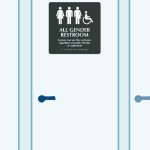



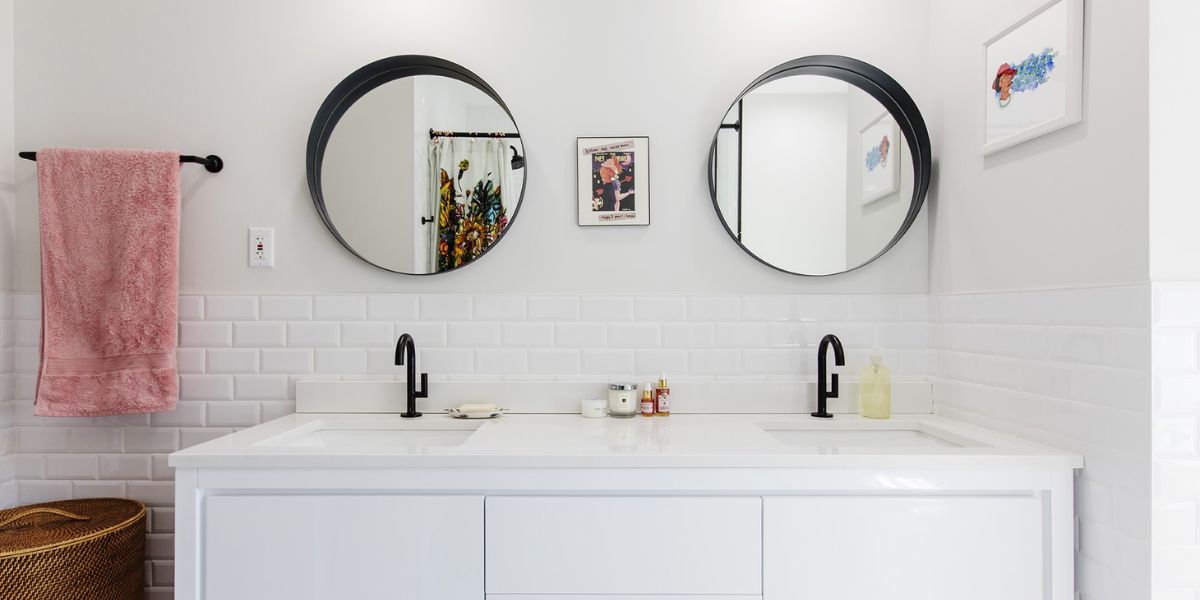

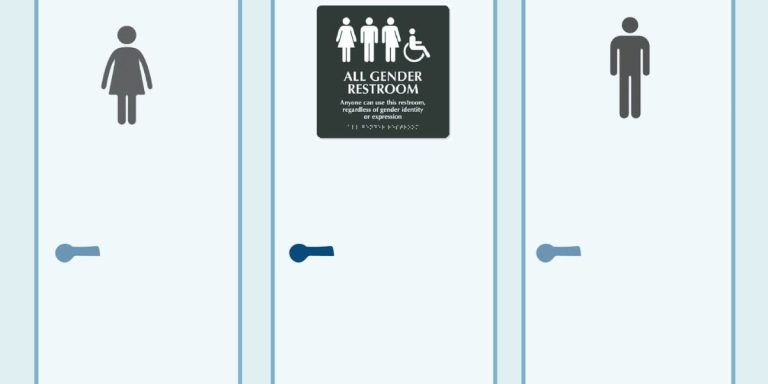




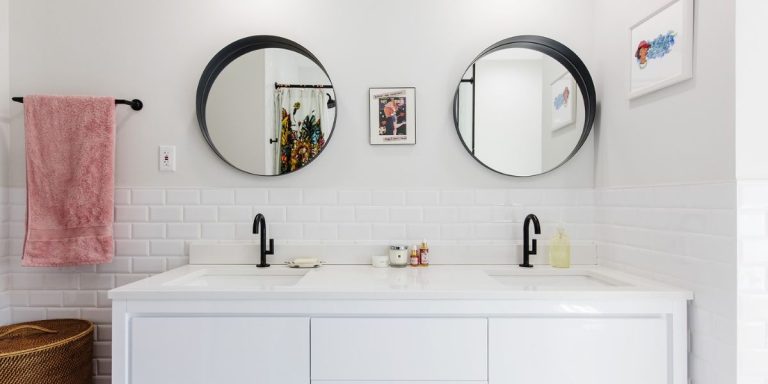






+ There are no comments
Add yours